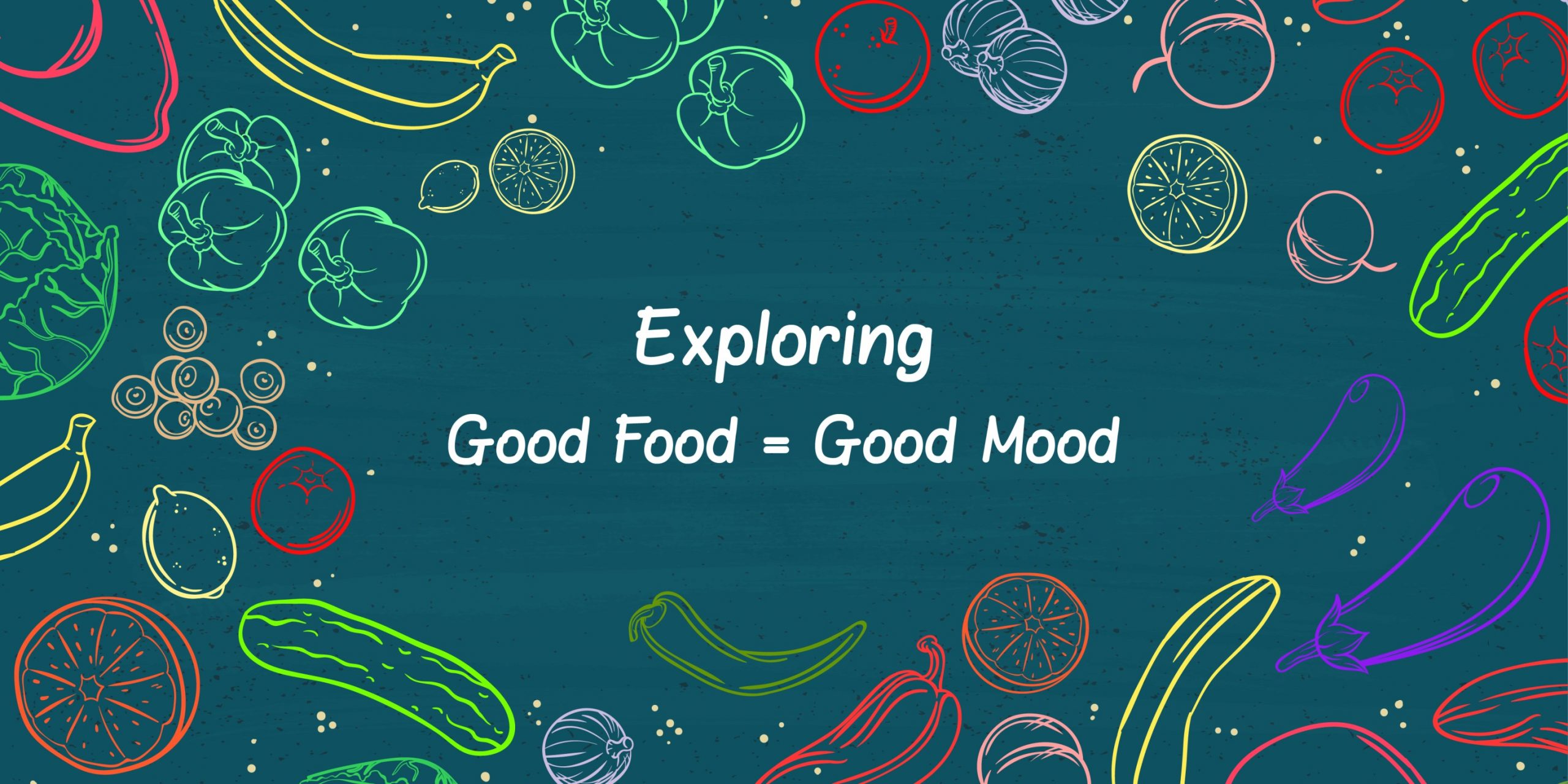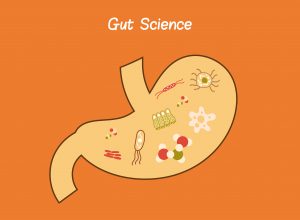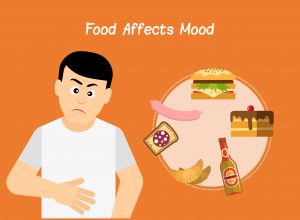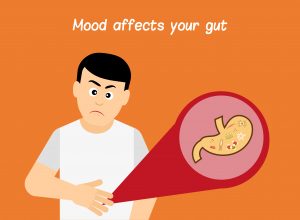“Food for the soul”– think deeper.
Really? Our soul does not eat.
We eat and feel happy, ecstatic, and relieved sometimes. That run to the kitchen to gobble that bar of chocolate on feeling anxious, remember? So, what does that “food for the soul” or that “piece of chocolate” do? It probably talks to us and relaxes us. But let’s get a little nerdy here. Food doesn’t tell us how to solve our problems or calm our anxiety– it’s the neurotransmitters.
Neurotransmitters, such as serotonin and dopamine, running in our body as messengers, are synthesized from amino acids and nutrients in food and may stimulate or calm the brain. Now, there are two sides to this. First, what we eat manages our emotions and mood (like chocolate calming you down). Second, our mood decides what we should eat (rushing to sugary stuff when anxious). Certainly, there is some chemistry between the food we eat and the mood we get into.










Leave A Comment